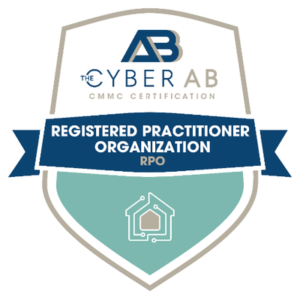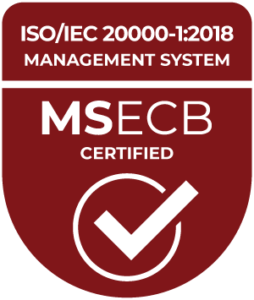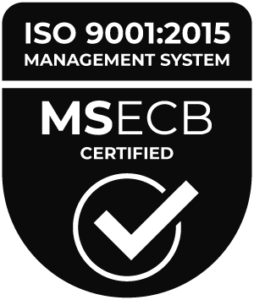According to the UN Conference on Trade and Development (UNCTAD), more than three-quarters of countries worldwide have or are working towards data protection and privacy legislation.
Navigating these numerous and sometimes contradictory regulations present considerable challenges to organizations. In addition, enforcement actions for non-compliance come with severe monetary penalties and reputational damage.
The following are some guidelines on how your organization can establish and mature a resilient privacy program.
Conduct a Privacy Risk Assessment
A privacy risk assessment is the first step in establishing a privacy program. It examines an organization’s handling of protected information, which can include:
- Intellectual property (IP)
- Personal health information (PHI)
- Personally identifiable information (PII)
- Classified information
- Any other information that can cause damage to an individual or organization
Implementing the NIST Privacy Framework is a proven way of protecting sensitive information stored by organizations.
Be Prepared to Respond to Data Breaches
Data breaches are one of the most critical issues in cybersecurity today. Threat actors persistently target and exploit organizations’ data stores. So having a breach response plan is crucial.
A breach response plan is a proactive and reactive resource for handing incidents that involve the loss of information – it’s proactive in detecting potential incidents and reactive in providing the necessary steps to deal with an incident when it occurs.
Your breach response plan should include identifying, containing, assessing, handling, notifying, documenting, reviewing and preventing a data breach.
Comply With Privacy Laws and Standards
Numerous and often contradictory federal, state and international privacy mandates make compliance costly and difficult for a lot of organizations. However, some of the more significant privacy laws have the following requirements in common:
- Appointing a privacy officer
- Enforcing the laws with monetary penalties
- Establishing a privacy program
- Developing a breach management plan
- Requiring consent
- Notification rule
One way to determine your organization’s overall privacy posture is by bringing in qualified professionals to conduct an evaluation. It may also be necessary to consult with legal counsel to ensure compliance with privacy laws and standards.
For more information, the National Conference of State Legislatures (NCSL) offers an overview of state-by-state laws covering digital privacy.
Commit to Taking Privacy Seriously
Establishing a privacy program demonstrates your organization’s commitment to mitigating privacy risks and avoiding costly and harmful mistakes, while gaining the trust and confidence of employees, partners, customers and the public. Don’t tackle this monumental task alone! MBL Technologies provides comprehensive risk management support to a broad spectrum of organizations.




